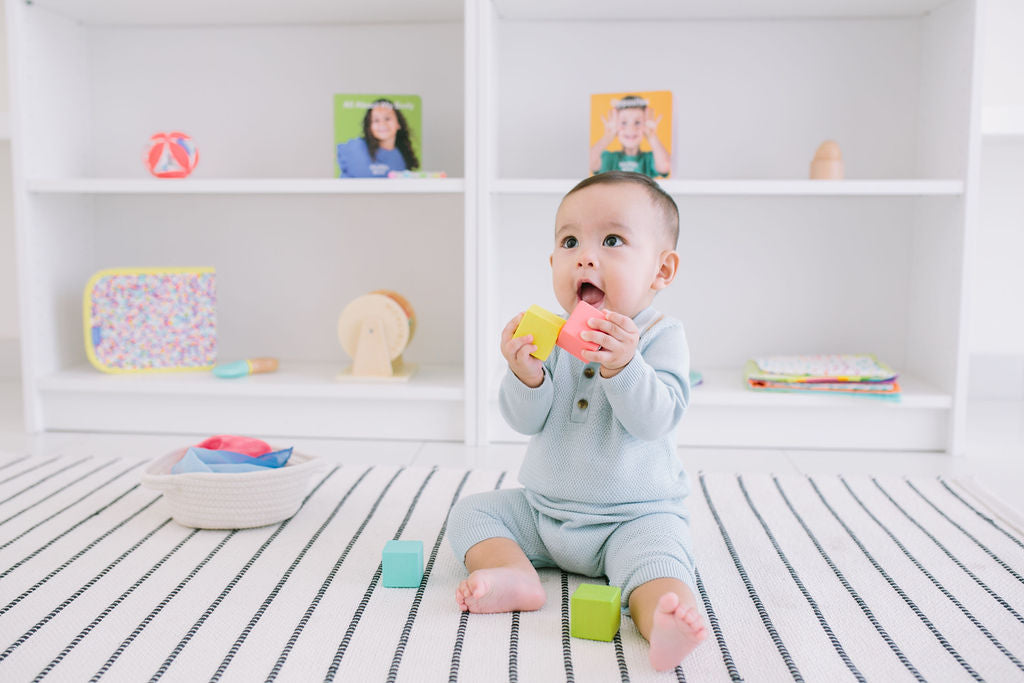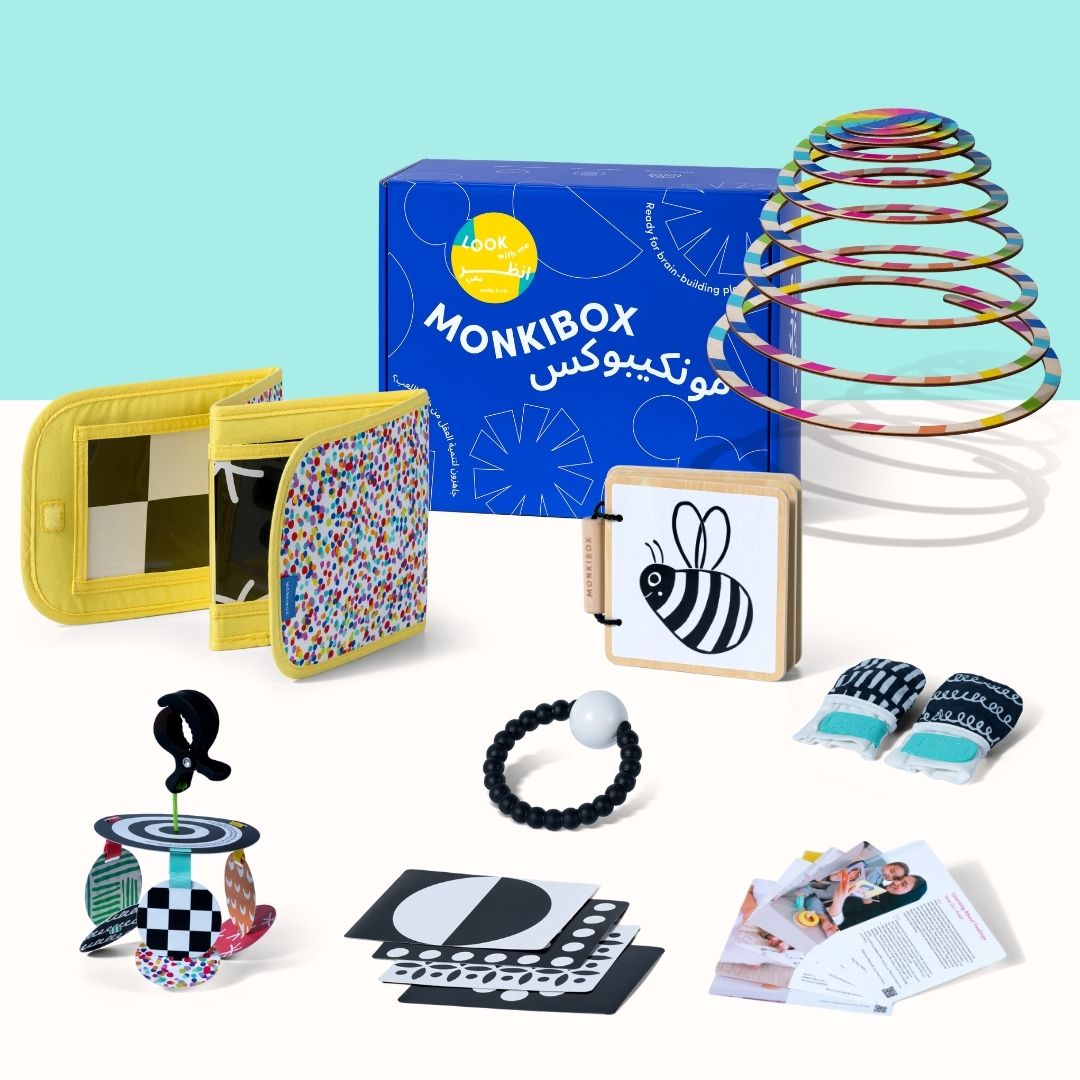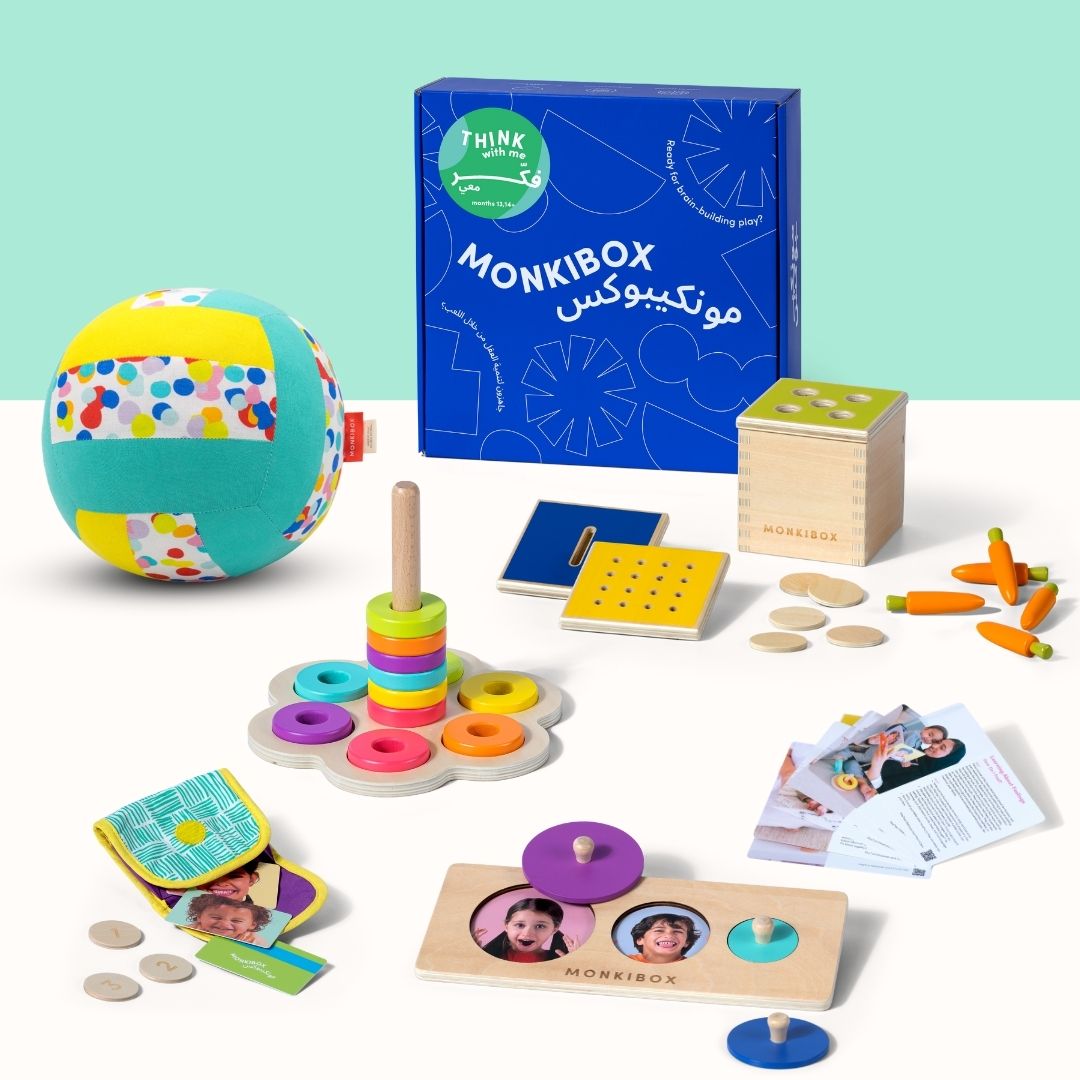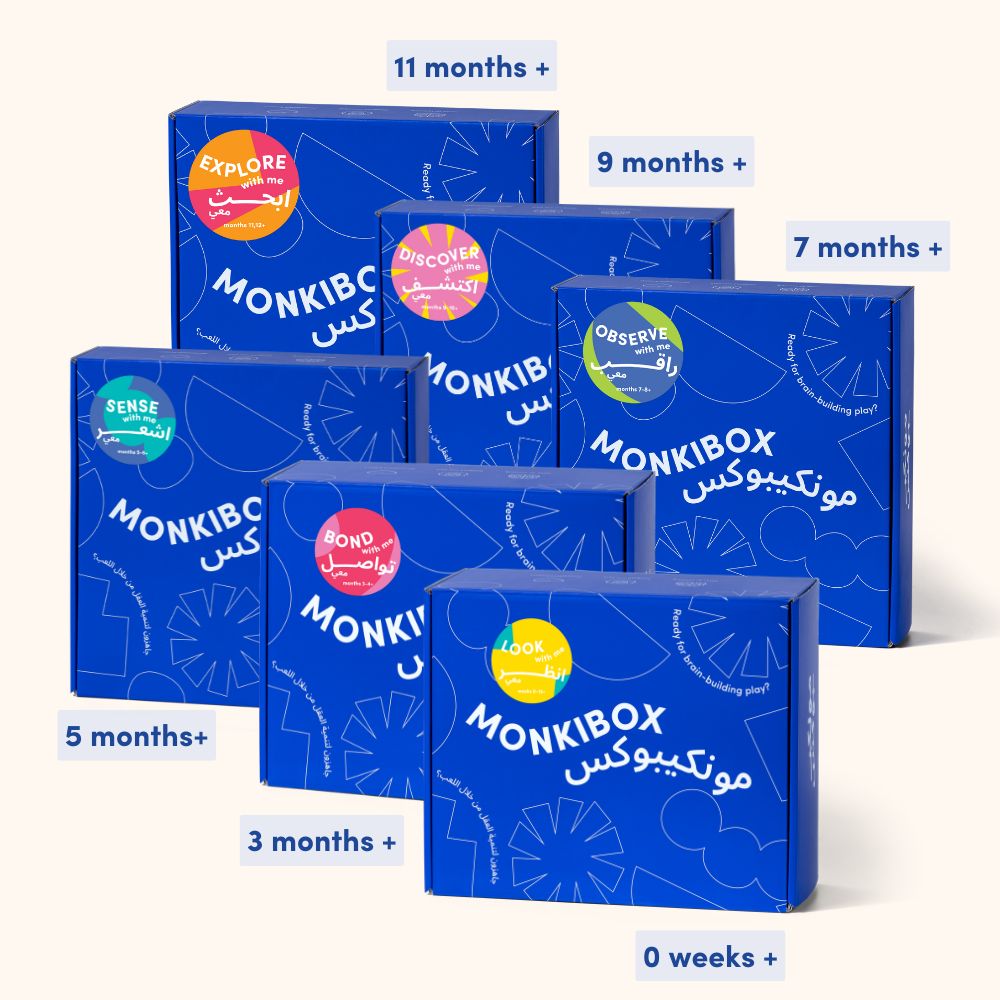الجميع يحب اللعب بالمكعبات . فكّر في الأمر بهذه الطريقة: من لا يحب لعبة جينجا؟ جينجا، بطريقة ما، هي مكعبات. حتى في مرحلة البلوغ، لا تفشل المكعبات في تسلية أنفسنا.
لقد كانت الكتل موجودة منذ قرون، ومع ذلك، من المدهش أنها لا تزال تحظى بنفس الشعبية وحتى أكثر أهمية من ذي قبل.
إنها ليست ممتعة للغاية فحسب، بل إنها مفيدة حقًا للأطفال وتساعد حقًا في نموهم وتطورهم.
ما هي فوائد اللعب بالمكعبات؟
اللعب بالمكعبات هو أحد الأشياء التي يجب على كل والد أن يشرك طفله فيها. فهي تنمي مهارات الطفل في حل المشكلات وتحسن مدى انتباهه وتعزز تركيزه وتطور مهاراته الرياضية في سن مبكرة وتعزز مهاراته الاجتماعية وتطلق مهاراته الشخصية.
كيف تؤثر لعبة المكعبات على تركيز الأطفال؟
إن استخدام الكتل يدعم بشكل مباشر مخطط اللعب المتصل ، والذي يطور قدرتهم على فحص كيفية اتصال الأشياء، ومهاراتهم الحركية، وفهمهم للسبب والنتيجة، ووعيهم المكاني.
عندما يبدأ الأطفال باللعب بالمكعبات، يُركزون كل تركيزهم على ما يمكنهم بناؤه باستخدامها. ونتيجةً لذلك، يُطلقون العنان لإبداعهم وخيالهم، وهكذا، يصبحون أحرارًا تمامًا، ويستطيعون توجيه كل تركيزهم نحو ما يمكنهم بناؤه من مجموعة المكعبات أمامهم.
كيف تؤثر الكتل على المهارات الاجتماعية للأطفال؟
قد يبدو غريبًا أن تُحسّن المكعبات مهارات الأطفال الاجتماعية ، لكنها في الواقع كذلك. تجذب المكعبات الأطفال بطبيعتها، فهم يتواصلون مع غيرهم من الأطفال من خلال اللعب بها وتبادل الأدوار.
يبدأون في تطوير الصداقات، وحتى في مرحلة ما، يمكنهم أخذ هذه المهارات إلى المستوى التالي والتفاخر تمامًا بما بنوه بالمكعبات!
كيف يمكن للعب بالمكعبات أن يساعد في فهم المفاهيم الرياضية قبل الأوان؟
عندما يستخدم الأطفال المكعبات، فإنهم يطورون فهمًا أفضل للأشكال، والأوزان، والأحجام، والقياسات، والأرقام، والتناظر، والتوازن - وما إلى ذلك.
إنهم يفهمون أبعاد الأشكال، ويستنتجون مدى تماثل أو عدم تماثل شكلين، ويعالجون كيف يمكن للأشكال نفسها أن يكون لها أحجام مختلفة، وأكثر من ذلك.
إنه ليس فهمًا تقنيًا للرياضيات في حد ذاته، بل هو فهم أكثر لا شعوريًا: فهم يفهمون لا شعوريًا أن الكتلة أ لا تناسب هذا المكان، ولكن الكتلة ب تناسبها وأن الكتلة ج أثقل من الكتلة د.
كيف يمكن للعب المكعبات أن يطور مهارات حل المشكلات لدى الطفل؟
إن كيفية تطوير اللعب بالمكعبات لمهارات حل المشكلات لدى الطفل أمرٌ بسيطٌ للغاية. الأمر يتعلق بأسئلة بسيطة: "حسنًا، كيف أبني هذا؟" "كيف يمكنني تحقيق الهدف الذي أطمح إليه؟"
لديهم مجموعة من الكتل الأولية ويريدون تحويلها إلى مبنى كامل؛ كيف يمكنهم فعل ذلك؟ لديهم مبنيان ويريدون ربطهما؛ ما هي أفضل طريقة للقيام بذلك؟
كيف أرتفع؟ كيف أكبر؟ كيف أتواصل؟
كل هذه الأسئلة تدور في ذهن الطفل وهو يلعب بالمكعبات ويحاول اكتشاف كيفية تحقيق أحلامه العابرة من خلالها. بإجابته على هذه الأسئلة، يطور الأطفال مهارات حل المشكلات التي تبقى معهم لفترة طويلة.
ما هي الفوائد الجسدية للعب بالمكعبات؟
الأطفال الذين يركزون على المكعبات وكيفية استخدامها يكونون أكثر وعيًا بالمساحة المحيطة بهم، ويتعلمون تنسيق حركاتهم بشكل أفضل. وبينما يركزون على العمل، يعملون على تطوير التنسيق بين اليد والعين وكيفية تحريك المكعبات والبناء باستخدامها.
لا يُساعد ذلك على تحسين تنسيقهم العضلي فحسب، بل يُقوّي أيضًا عضلات أذرعهم. وبشكل عام، تتحسن مهاراتهم الحركية الكبرى (المسؤولة عن الحركات المهمة) والدقيقة (المسؤولة عن الحركات الأصغر مثل حركات الأصابع واليدين).
إذا نظرنا إلى الصورة الأكبر، فإن الكتل مفيدة للأطفال أكثر بكثير مما قد يظن المرء: فهي تساعدهم على التطور جسديًا وعقليًا، أليس هذا، في نهاية المطاف، ما نريده جميعًا لأحبائنا؟
اكتشف المزيد من المقالات حول ألعاب مونتيسوري وكيف يمكنها أن تساعد في تنمية أطفالك.





